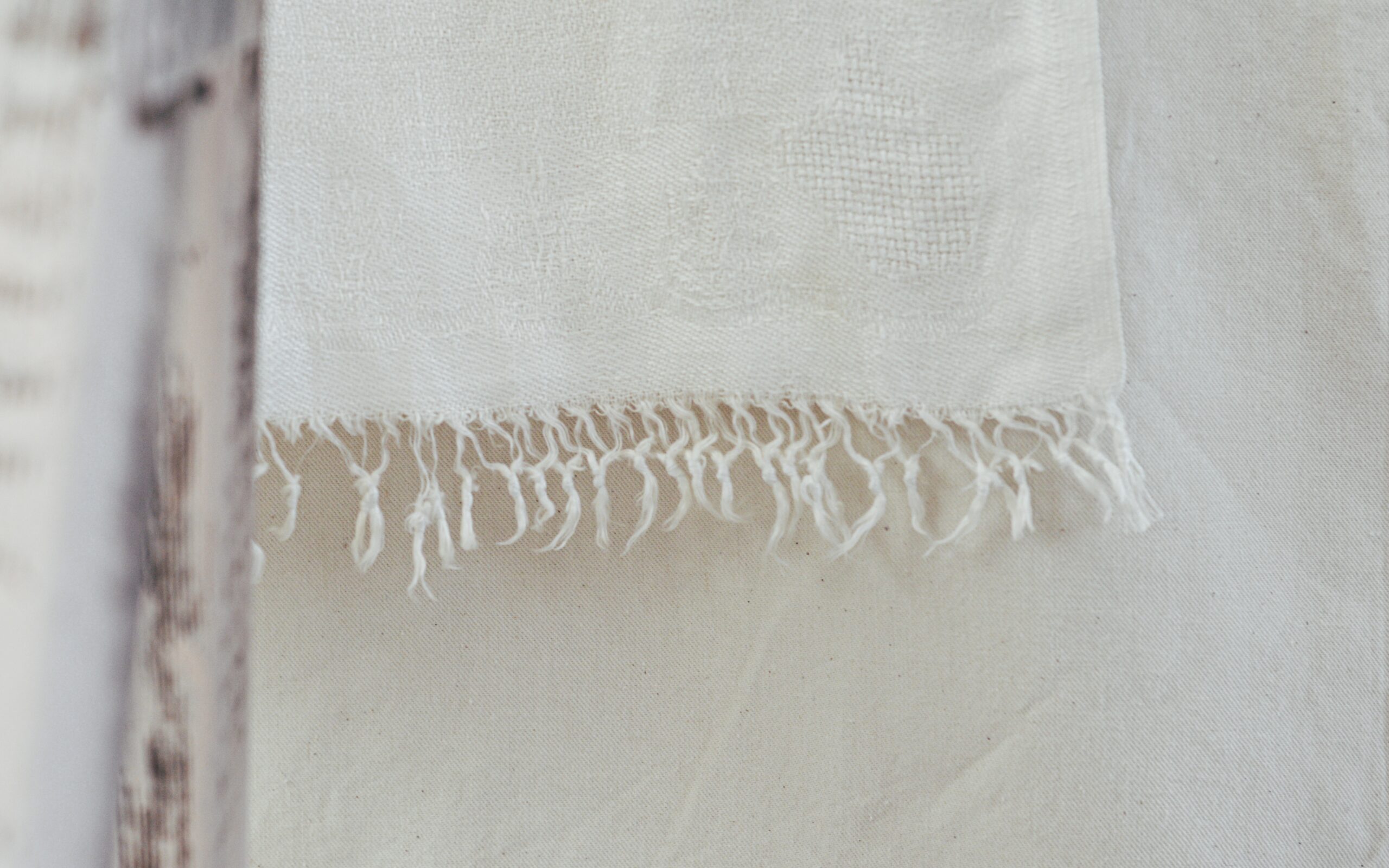Our King Carries a Towel, Not a Scepter by Rob Haynes

The world watched last September as millions mourned the death of Queen Elizabeth. Subsequently, many watched with great interest as Charles was enthroned as King in May. The pageantry and celebration had not been seen in a generation. As King Charles assumed the throne, he was given the regalia of royalty: a crown, an orb, and a scepter. However, it is the scepter that monarchs have used across centuries and cultures to symbolize power and authority.
What we hold in our hands can say a great deal about who we are and our intentions. If I approach you with a football or with a first aid kit or with a dinner plate, I am conveying different messages. It also may say something about who I am or what skills or authority I possess. While anyone may hold a football or a dinner plate only the king, by rights, may hold the scepter. However, what if a king were to give up his rights to such power in favor of a more peculiar demonstration of power?
John’s gospel gives us a beautiful account of the Thursday night before Jesus’ trial and crucifixion. The final hours that Jesus spent with his disciples is full of rich messages. One of the most beautiful scenes is when Jesus washes the disciples’ feet. Chapter 13 tells us that Jesus knows that His time is now short. Judas Iscariot has already committed to betraying Jesus. John points out that Jesus knew “that the Father had given all things into his hands…” (v.3, emphasis mine) This means that Jesus could have set things on a different path. He could have stopped Judas’ plot. He could have thwarted those who sought to take His life. He could have defeated the Romans. The power was in His hands. He could have wielded the scepter that was rightly His.
However, “He took off his outer robe, and tied a towel around himself.” (v. 4) The Greek word used here that we translate “took off” can also mean “laid down.” The hands that deserved the scepter that rules the universe, laid down his robe—and his life—and picked up a towel that was reserved for the lowest of salves. He took the time to wash the feet of those who would abandon Him in just a matter of hours: including the ones who would return to follow him and the one who set the plans of his death in motion. He deserved the power. He chose peculiarity.
Many parts of our culture today demand that we grab as much power as possible. This power, we are told, comes in the form of political influence, financial gain, or a favored reputation in social circles. Even in parts of the church today people are vying for money, influence, and worldly power. However, none of these are the pattern of Jesus. He knew that the peculiar pattern that His disciples must follow is the pattern of the Cross. In doing so, He would prove that true power comes in the Resurrection.
Modern-day followers of Jesus are called to follow this same peculiar pattern. The Bible’s answer to the challenges in today’s world, and our individual relationships, is not more struggles for power, status, or influence. Rather, the answer is showing one another that our Savior has called us to choose peculiarity over power. We are, of course, called to follow Jesus in holiness and righteousness. Along the way, others will let us down. We, ourselves will fail sometimes. Our response, by Jesus’ example, is the pattern of the Cross. In this pattern, the power of His resurrection is made complete in us.
Many Christians tell me how they long for things to be different. They tell me of their ideas on how to bring about change in the individuals, institutions, and social systems that are marred by the sin of reject God’s teaching. No doubt, our world desperately needs the transformation that comes through Christ’s message of hope, forgiveness, and a call to holiness. At the same time. Jesus’ followers must resist the urge to grab the scepters of power the world dangles before them. These apparitions of power never last. Rather, imagine a world where Jesus’ followers came together to convey His message with the towel of servanthood. People will wonder at our peculiarity. When they do, we should point them to the Cross and watch Jesus’ Resurrection power make them new.